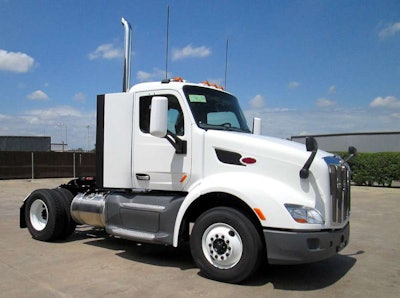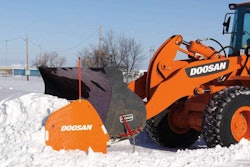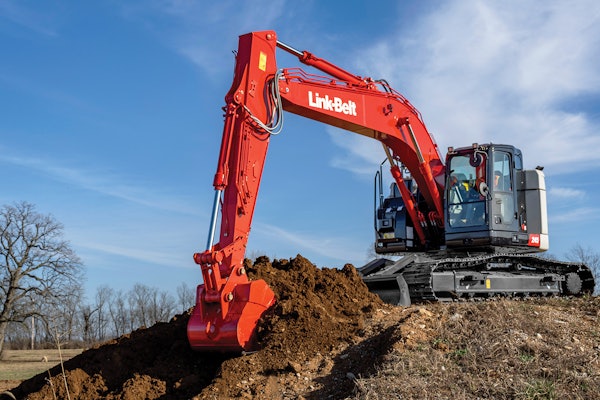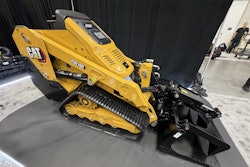
“The autonomous truck of the future is an extension of existing, individual systems already available for today’s commercial vehicles,” said Bill Kahn, Peterbilt Principal Engineer and Manager of Advanced Concepts. “The vehicle we demonstrated during the ITS World Congress showcases how these technologies can integrate to provide the next generation of advanced cruise control and automation features. Heavy-duty trucks are an ideal platform for automated operation because, compared to motorists, commercial vehicles travel a majority of their miles on modern highways, at constant speeds and for extended periods of time.”
Peterbilt’s self-driving debut comes just more than two months after Daimler debuted an autonomous hauler. Similar to Daimler’s “truck autopilot” system, Kahn noted the automation technologies are not driver replacement tools but rather complement the truck operator.
“Improving safety, efficiency and performance are top priorities for the entire transportation industry. These are common goals we are collectively working toward,” Kahn said.
Among the existing technologies utilized by the vehicle are:
- Radar-based adaptive cruise control (ACC) that automatically accelerates and decelerates to maintain safe following distances.
- Lane departure warning systems (LDWS) which use cameras to detect lane edges and striping and alerts the driver if the vehicle is drifting outside of its lane.
Kahn said the performance of these technologies is boosted by giving the LDWS the ability to self-correct the vehicle through integration with the electronically controlled steering system and the ACC the ability to use the cameras to bring the vehicle to a complete stop, if necessary.
Additionally, the Model 579 autonomous concept truck uses the GPS system to add features such as last mile routing, parking assist and new driver proficiency.
“Combined, these technologies – while still evolving – increase safety through continuous situational awareness, reduced driver fatigue and improved driving accuracy for superior fuel economy,” said Kahn.
The Model 579 concept truck was made available for demonstrations throughout the Intelligent Transportation Society of America’s 2014 World Congress, held Sept. 7-11 in Detroit. The event is held in the U.S. every three years and rotates between Europe and Asia in between.
Editor’s Note: Jack Roberts is executive editor for sister site CCJ and equipment editor for sister site Overdrive.










